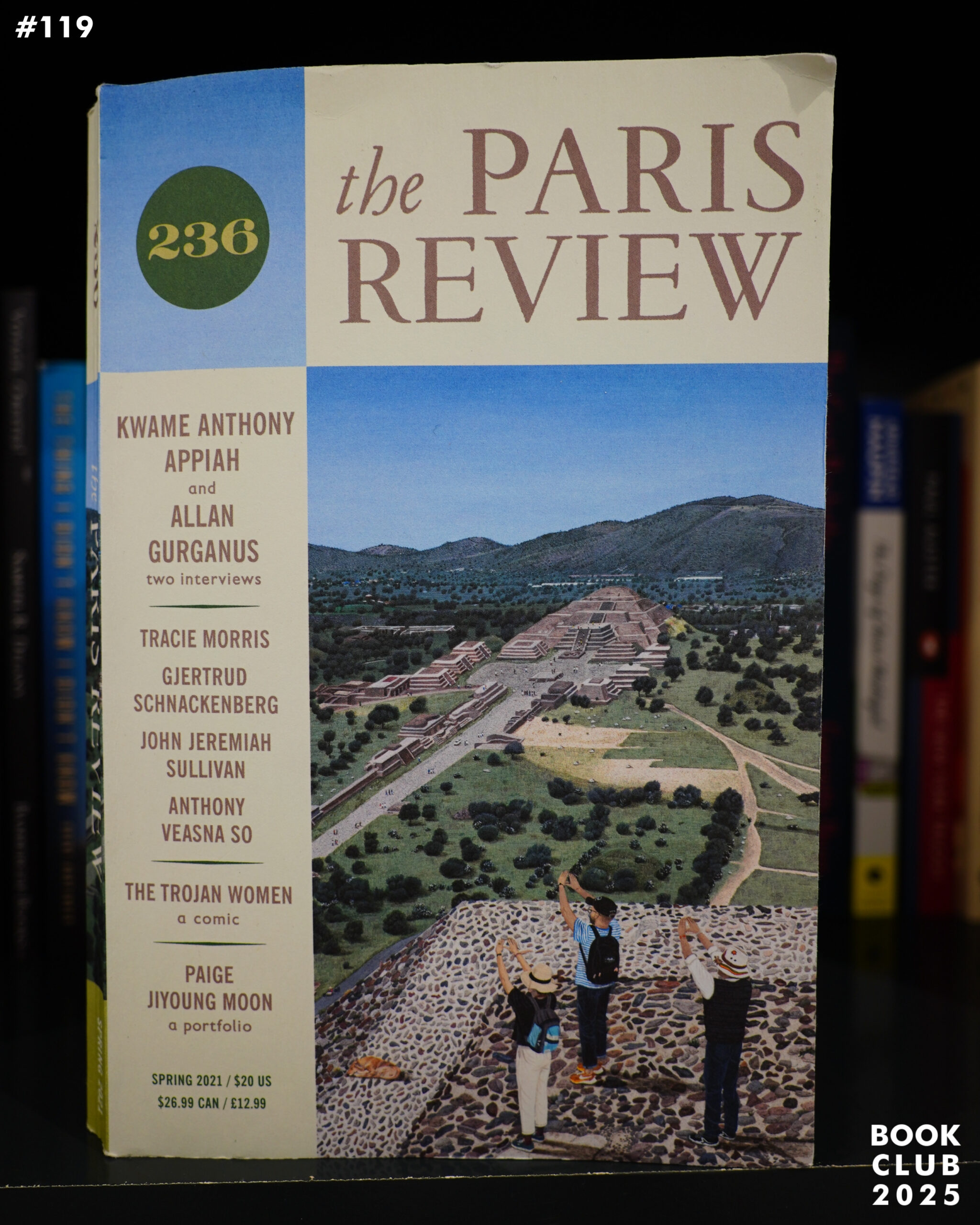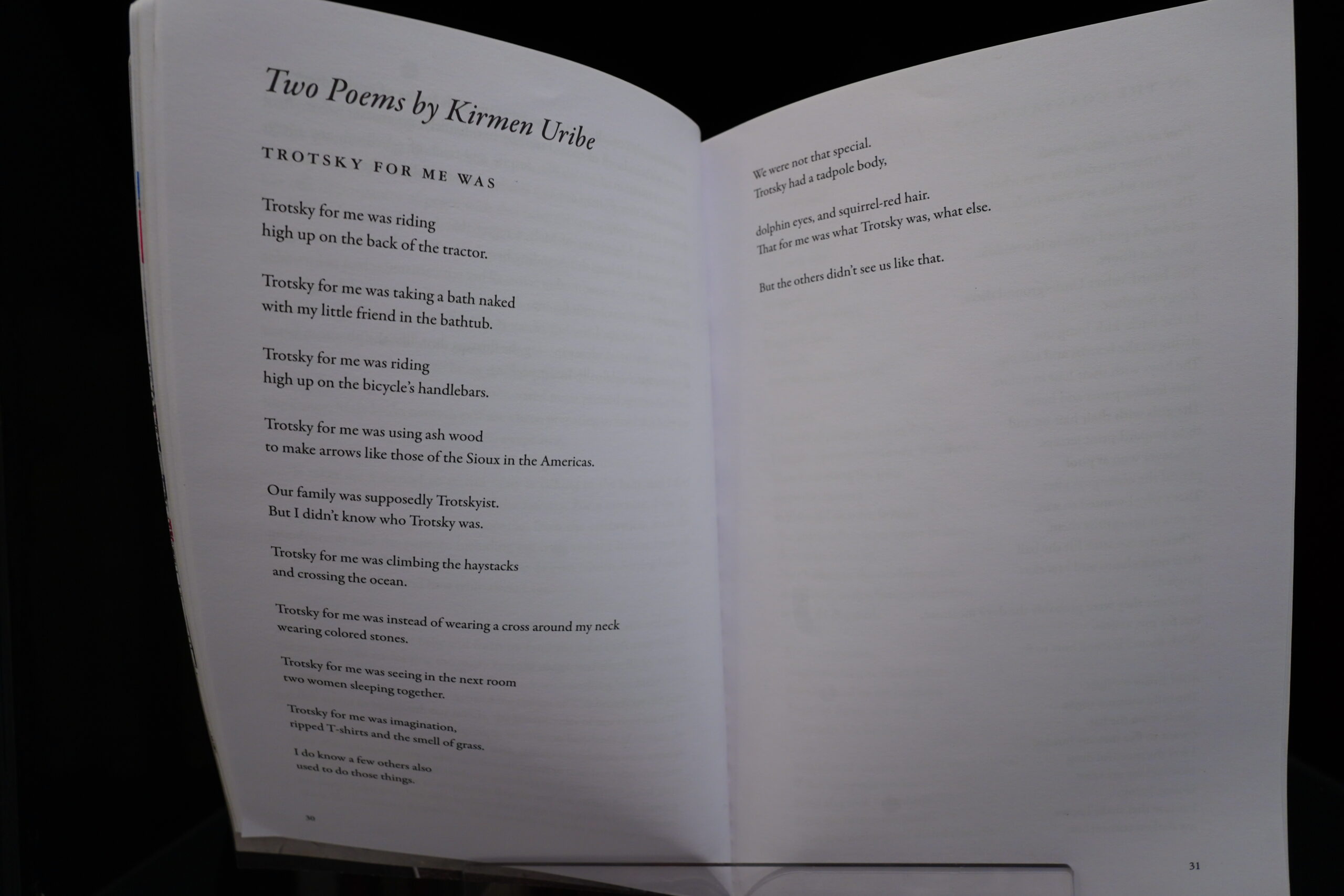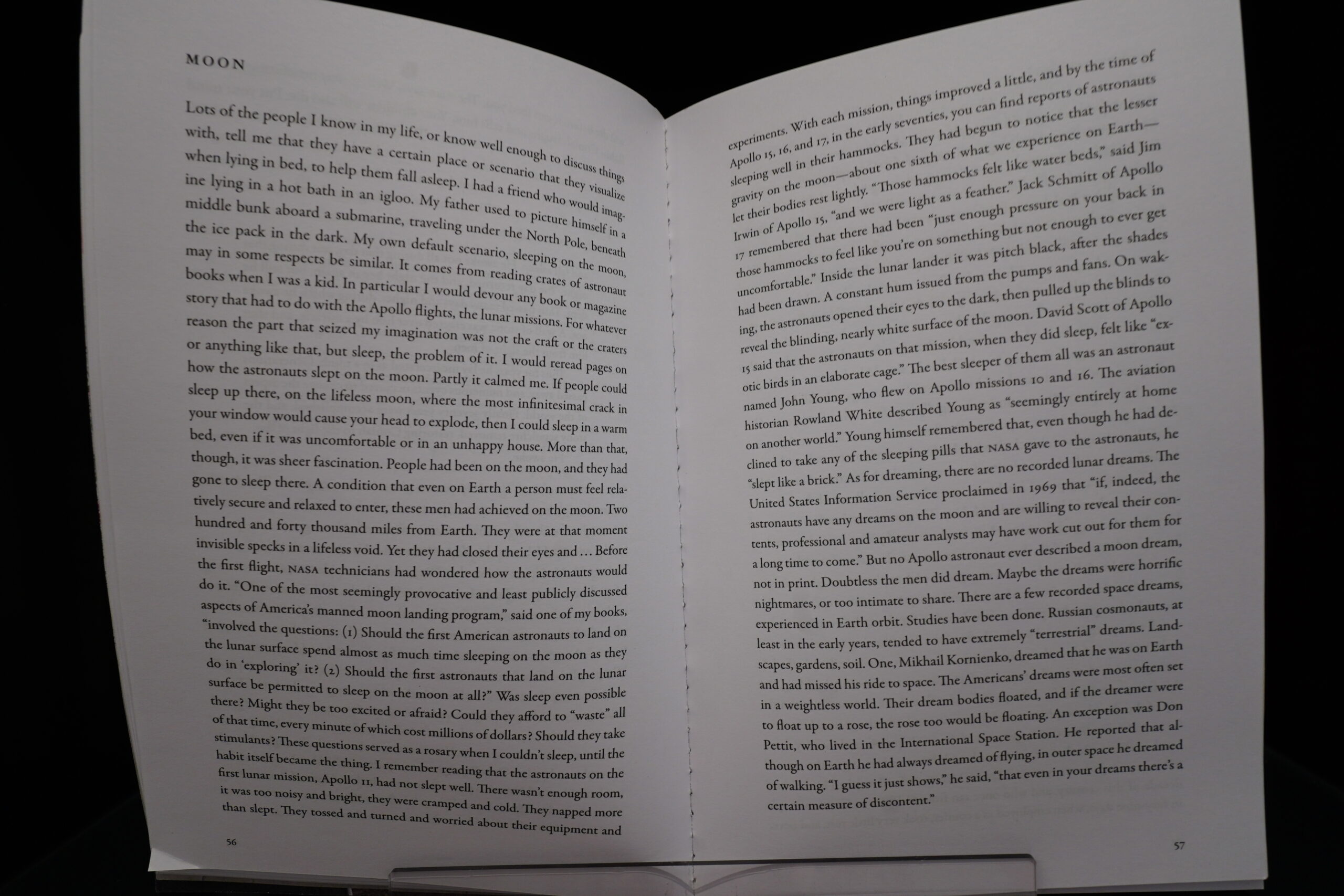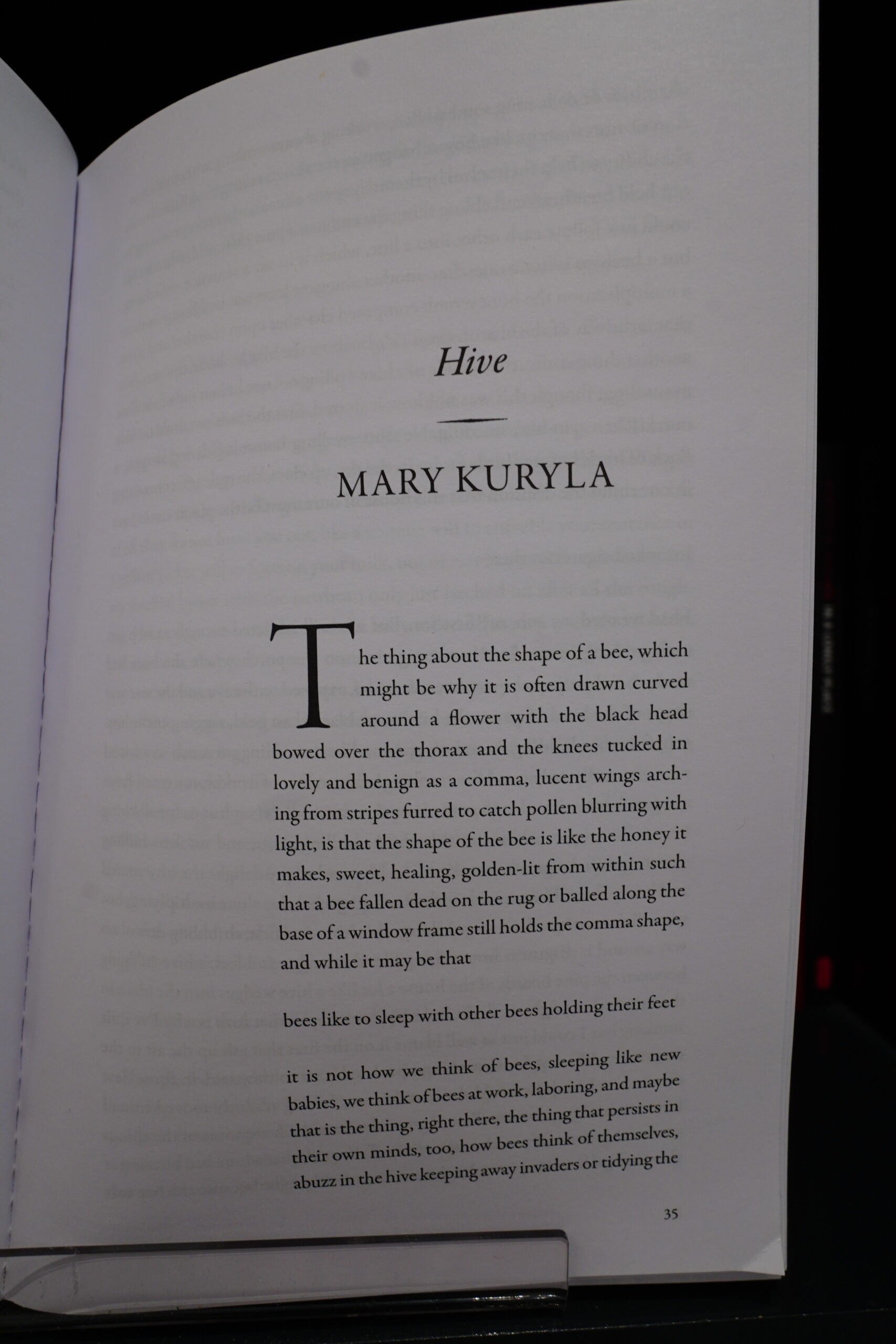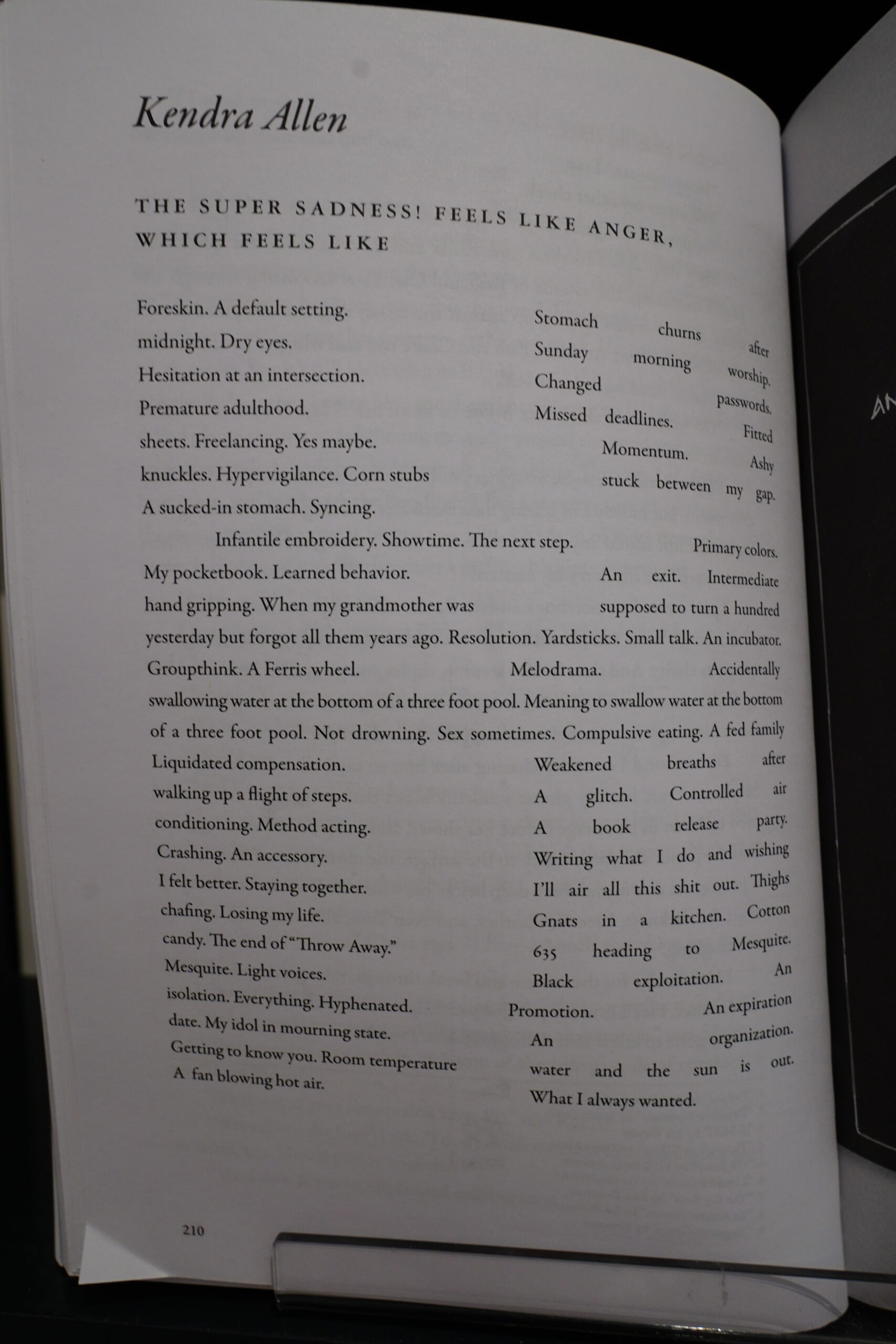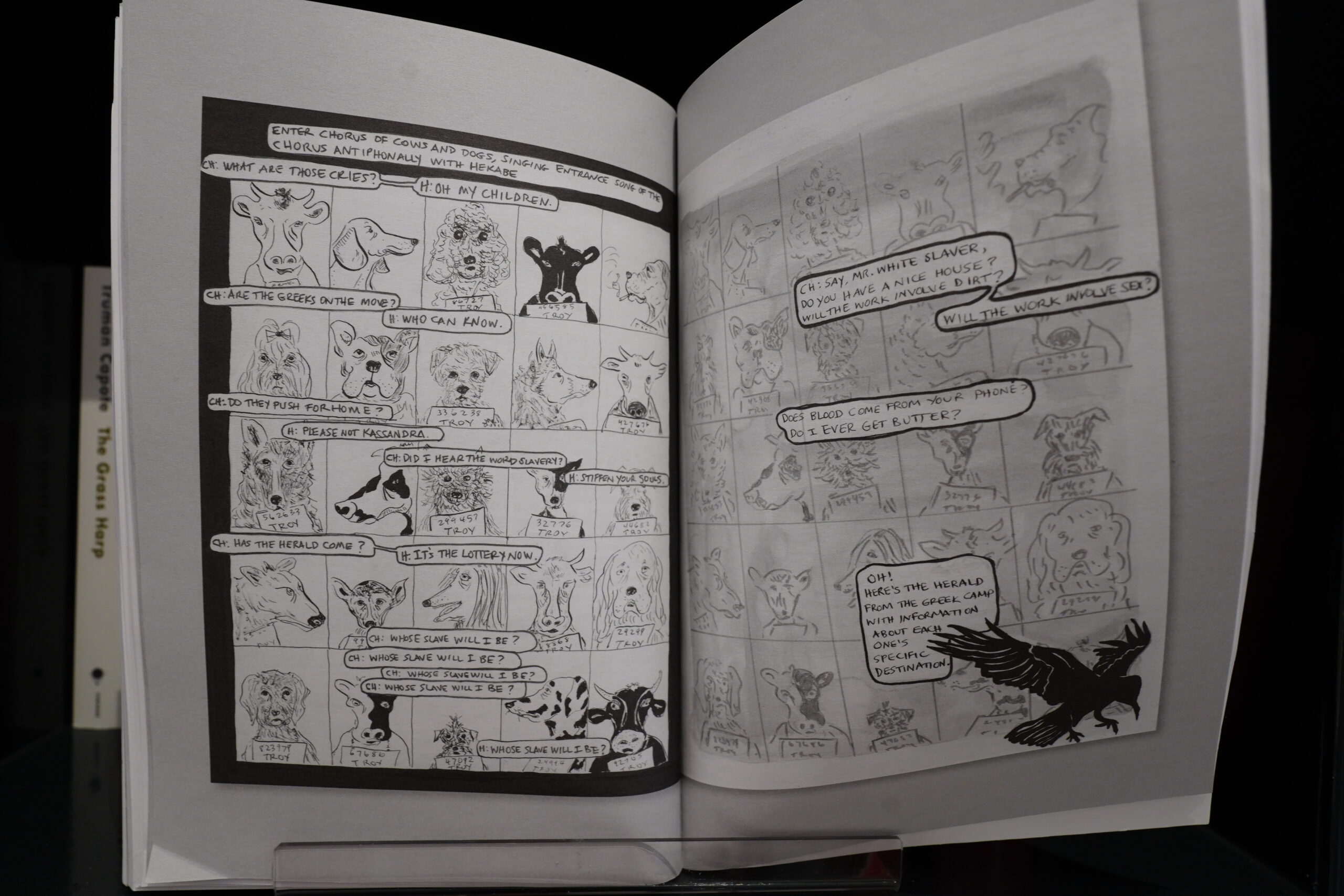This is the last issue if the Paris Review I have from this era — I just forgot to read it, I guess. I’ve been reading it over lunch the past few weeks, and it reminded me just how good the magazine was around this time — the issue is just one banger after another.
One of the things I like best about the Paris Review is how silent it is. That is, there are no editorials, and there are no author introductions. (There’s a couple pages in the back where you can read more about them, but it’s terse to the point of parody — like, “Angus McGuirwirth has published several novels”, and that’s it.) So unlike, say, McSweeney’s Quarterly, which sometimes seems to carry pieces as an excuse to have editorial matter before and after the material, the Paris Review is just the texts.
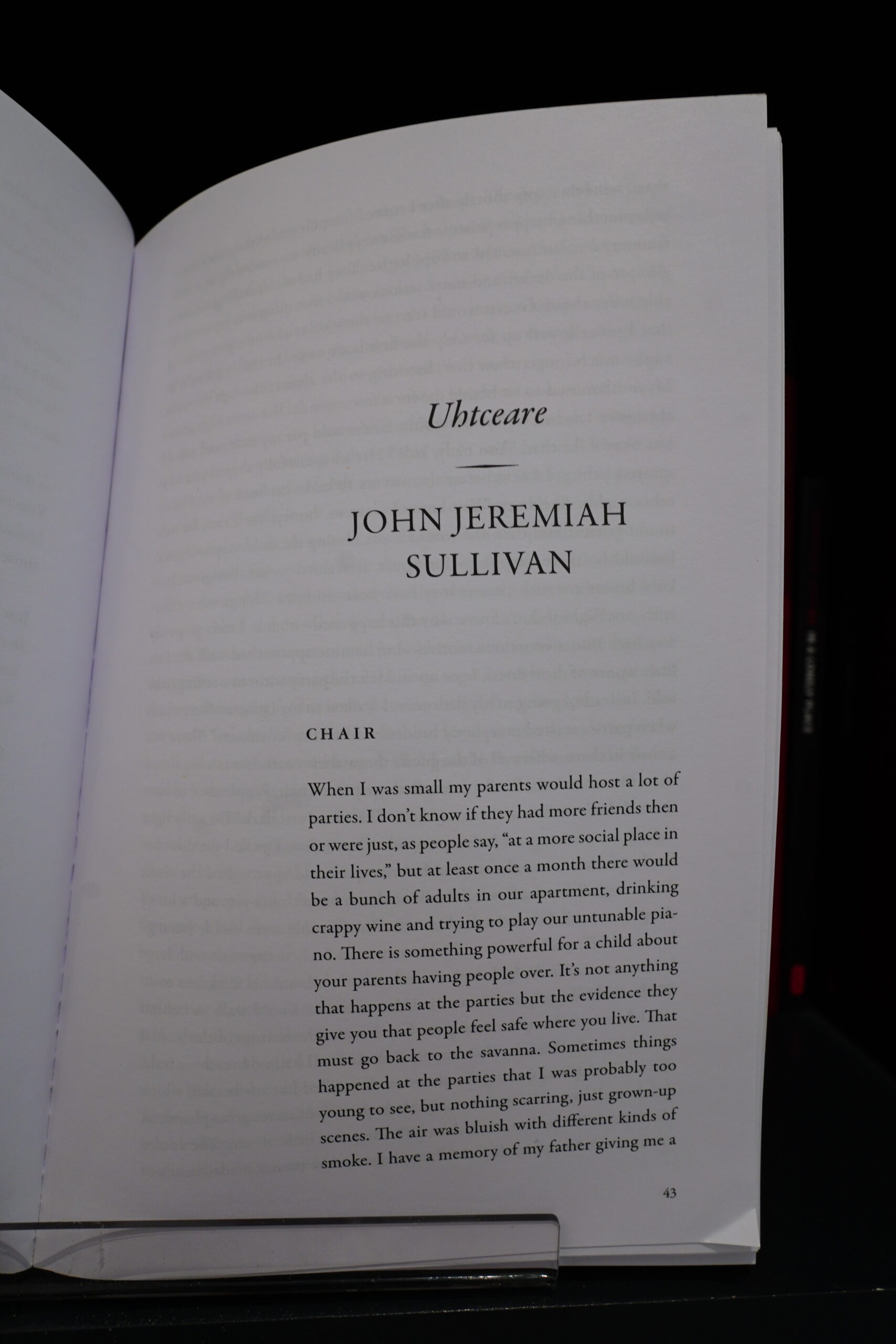
So I have no idea who the editor(s) are, really. I mean, there’s a colophon that lists everybody, but who reads that? But it’s obvious that the editor(s) during this era had strong vision — they redesigned the magazine, making the format slightly larger. And they also made the pages ultra clean.
Most American book designers feel compelled to put the author’s name on every other page, and then the title of the book on the other half of the pages. Especially in novels, this just seems insane to me. Are they afraid that the readers will forget what they’re reading? But I think the explanation is much simpler: Americans are basically noise insensitive. Visual clutter doesn’t register at all.
Which reminds me — I was “watching” House Hunters while tidying up yesterday, and basically all the kitchens looked like this. Just a jumble of different sized things, and this is the standard — no appliance has the same depth as any cupboard, and in addition there’s just random heights to everything.
OK, I had to look it up — the editor for this beautiful issue is Emily Nemens, design by Strick & Williams. She left a bit after this, and the magazine is back to the old design.
(The only thing that I don’t enjoy here are the overly white paper used.)
Anyway! Fantastic issue. Like most issues from this period, it also reads very well as a book — the sequencing is perfect.
The Paris Review #236 (2021) (buy new, 3.67 on Goodreads)

